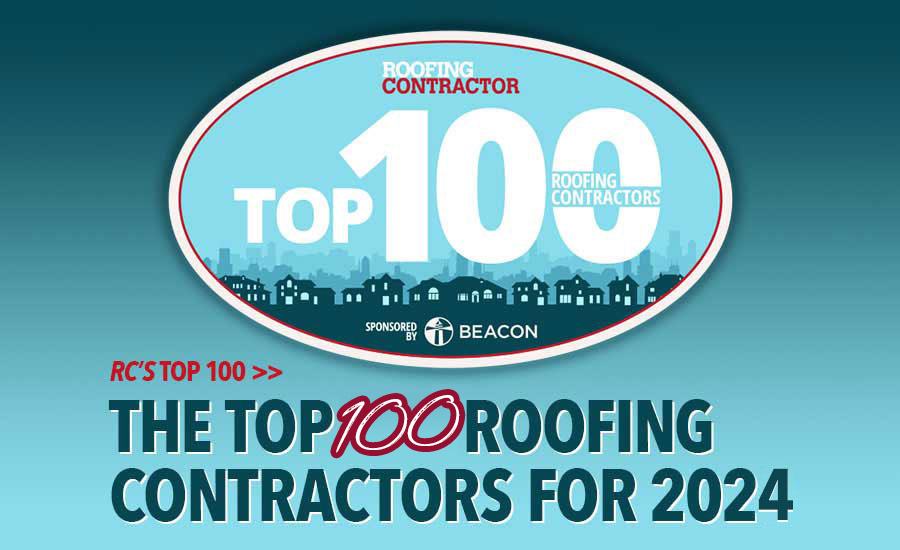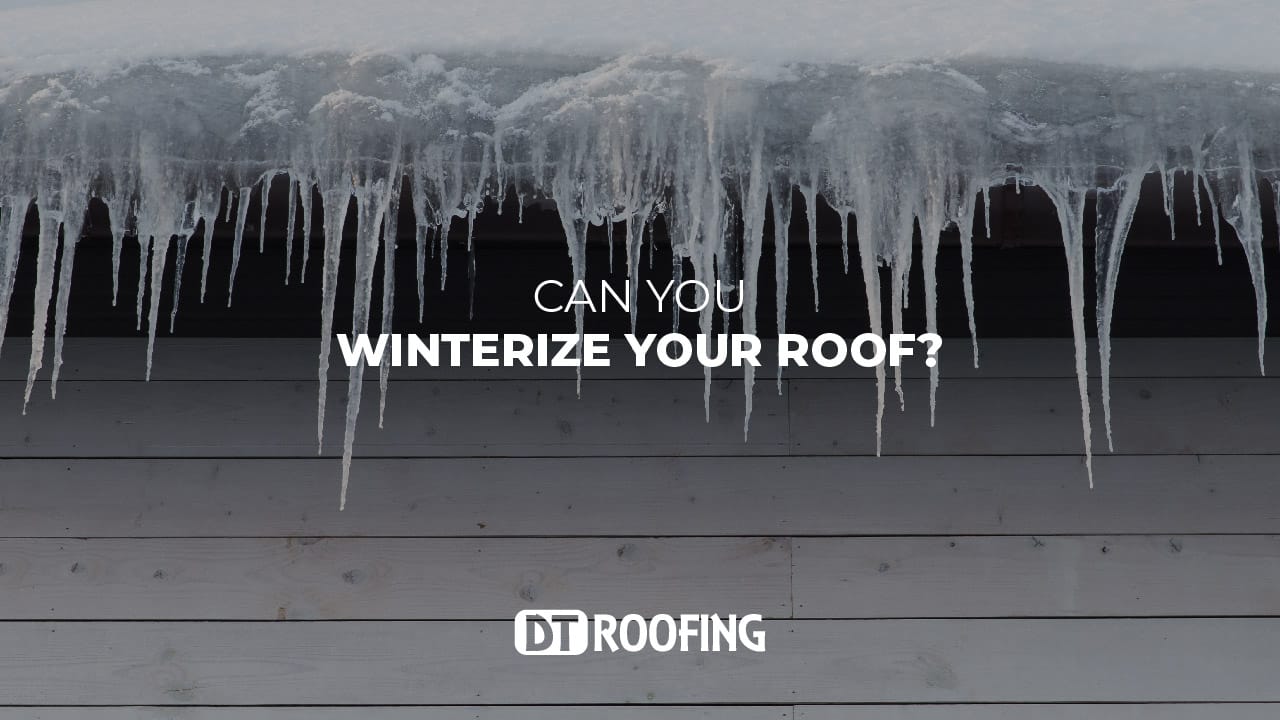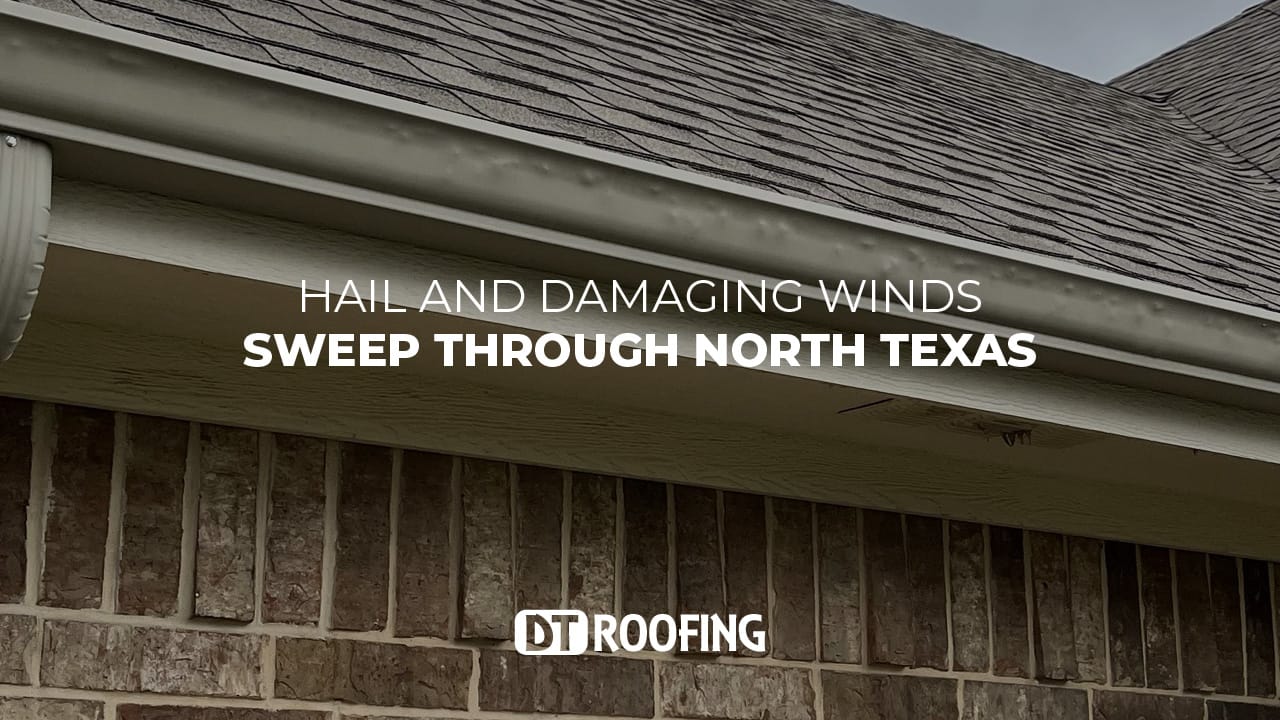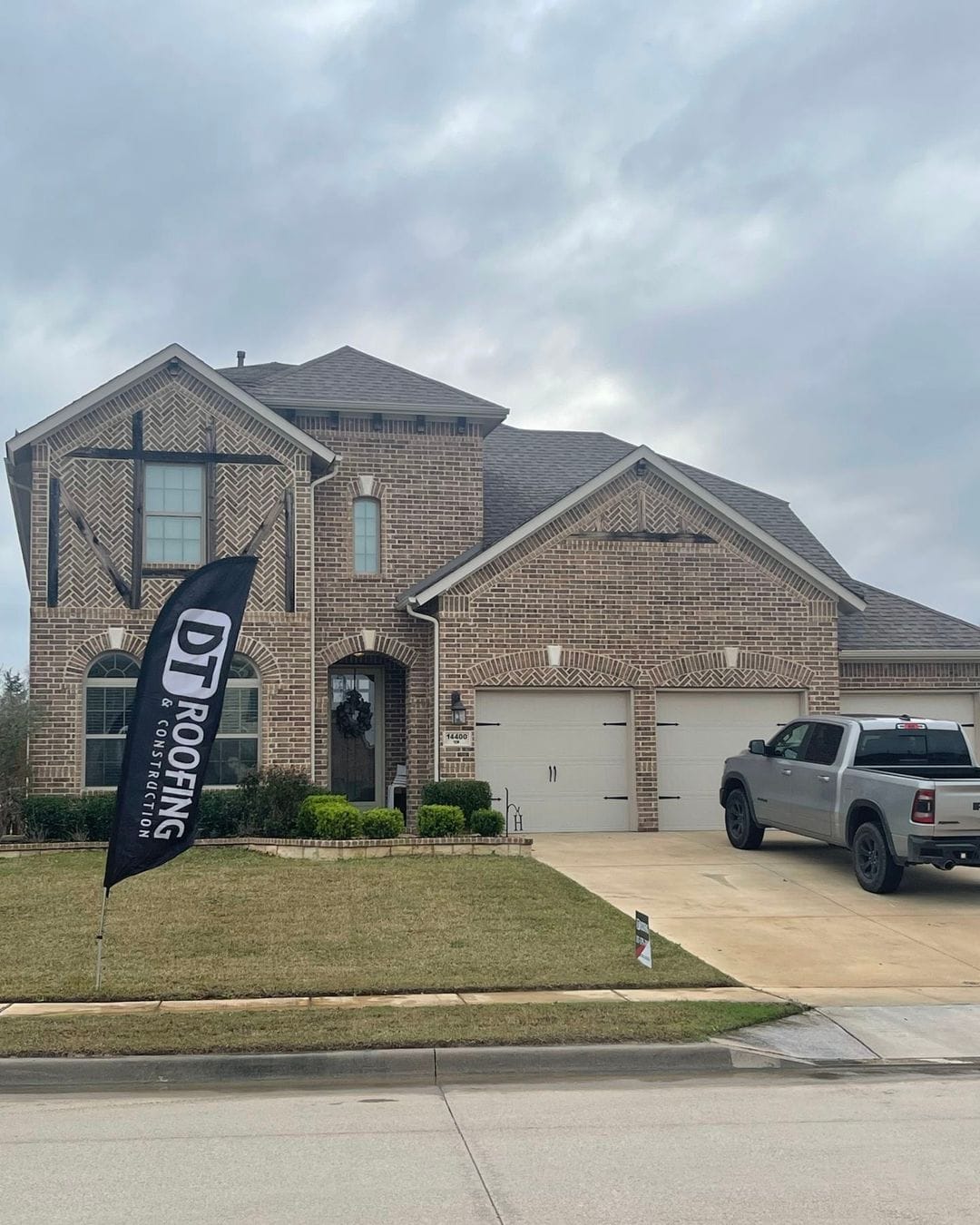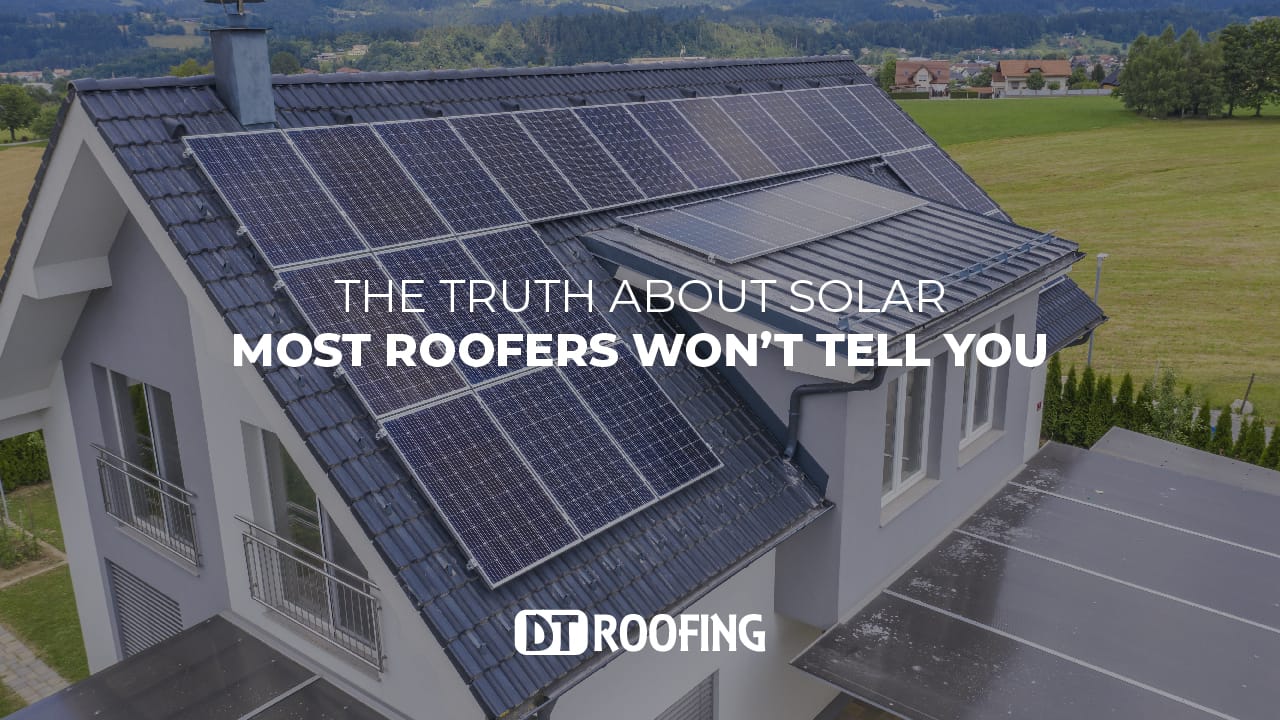
The Truth About Solar Most Roofers Won’t Tell You
If there’s one question we get asked a lot these days, it’s this: do you install solar panels? As a multi-million dollar company installing upwards of 1000 roofs a year, we would stand to benefit tremendously from diving into the market. After all, they’re all the rage, popping up on roofs and fields in nearly every neighborhood in North Texas. They have gained considerable popularity in recent years as a renewable energy source, offering compelling benefits such as reduced electricity bills and a smaller carbon footprint. The appeal is clear: save big on your electricity bill! But before you take the plunge, there are some very real drawbacks you need to consider — the kind most solar salesmen won’t be honest with you about. In this article, we will explore the main drawbacks as well as a few benefits of solar panels.
High Initial Costs
One of the primary concerns raised by critics is the high initial cost of installing solar panels. Here are some key points to consider:
Upfront Investment: Solar panel systems require a significant upfront investment, which includes the cost of solar panels, installation, and additional equipment such as inverters and batteries. Critics argue that these costs can be prohibitively high for many homeowners, making solar panels financially unviable.
Return on Investment (ROI) Period: Critics contend that the payback period for solar panels is too long. The savings generated by solar panels might take several years to offset the initial investment, thus making the investment less attractive to homeowners who are seeking immediate financial benefits.
Maintenance and Repair Expenses
Another argument against solar panels revolves around the perceived high maintenance and repair costs. The following points shed light on this perspective:
Regular Maintenance: Solar panels require periodic maintenance to ensure optimal performance. This maintenance may involve cleaning, inspection, and potential replacement of components. The costs associated with regular maintenance can add up over time, eroding the supposed financial benefits.
Limited Lifespan: While solar panels have a relatively long lifespan (typically 25 years or more), the panels’ efficiency gradually decreases over time. The declining efficiency may result in diminished electricity generation, requiring costly repairs or even the replacement of panels, further adding to the overall expense.
We looked at the math: sure, in the short term you may be simply “trading your electric bill for the payment on the panels,” but considering that the panels only have about a 25 year lifespan, by the time you’re done paying them off, you’ll probably need new ones anyway. That’s not exactly a worthwhile risk, in our estimation.
Think about this: we could add millions to our bottom line every year if we sold solar panels. But we don’t. Why? Because we’re not in the business of ripping people off — we’re in the business of helping homeowners like you get the most out of their most important investment.
Uncertain Return on Investment
It’s not quite as cut-and-dry as solar panels = no electricity bills. Where you live, the average weather, storm severity, and more factor into just how much you’ll actually save. Let’s dive in.
Electricity Generation Variability: The amount of electricity generated by solar panels depends on various factors, such as geographic location, weather conditions, and panel orientation. These variables introduce uncertainty into the calculation of the expected return on investment, making it challenging for homeowners to accurately predict the financial benefits of installing solar panels. In other words: nothing in life is guaranteed, and solar panels are certainly no exception.
Changing Government Incentives: Government policies and incentives, such as tax credits and feed-in tariffs, can significantly affect the financial viability of solar panel installations. If you pay any attention at all, you know that from one administration to another, on both the federal and state level, things change dramatically. What’s a benefit this year could very well become a liability next year. What’s an incentive now could be removed tomorrow. There is no guarantee when it comes to American politics, no matter which side of the aisle is making the decisions.
Real Estate Risks
Consider this, in our line of work we have seen more real estate deals go sour, stall, or even fall through because of solar panels. Why? Well let’s put this into real dollars. If you only have $20,000 of equity in your house, but you still owe $35,000 on your solar panels, you can see very quickly how someone stands to lose substantially if you go to sell your house. Even if you have positive equity in your home over and above the balance you owe on your panels, do you really want to sacrifice that equity when it comes time to sell?
We’ve seen it one too many times to ignore it. If you’re not in your forever home, solar panels could end up costing you much more than you bargained for.
What are the benefits?
Obviously saving money on your electricity bill could be a clear benefit, but if you’ve read this far, you already know there are several huge asterisks associated with that claim. However, for business owners, solar panels could be a smart investment. Why? Because for business owners, the cost is a write-off.
Or, if you are buying a home with relatively new solar panels already installed, and the purchase of the home pays off those panels, you could potentially stand to save money (that is if the cost of those panels doesn’t raise your monthly mortgage higher than what your electricity panel would have been anyway).
Since residential homeowners don’t have the benefit of writing off the purchase, it’s clear why investing in solar panels can benefit some, but not all.
The Bottom Line
While solar panels undeniably offer numerous environmental advantages, they may not be the cost-effective solution they are often portrayed to be. Concerns over high initial costs, maintenance expenses, and uncertain return on investment have led some to label solar panels as a rip off. As with anything, it’s important to consider all aspects of an investment before giving up your hard-earned money. Sometimes hype can cloud our vision of the truth. Solar panels are a long game prospect; in other words, if you still want to invest in them, and you’re in your forever home, they could stand to benefit you years down the line. But it won’t be a quick return, and if your life situation is subject to change anytime, that investment could quickly become a liability. So be sure to weigh all the factors when you make your decision.
You already know DT Roofing has your back — we’ll always be honest with you and give you the full story of your roof, from every aspect, even if it doesn’t benefit us financially.
If you ask us, when it comes to your home, you’re probably better off to skip the solar.
